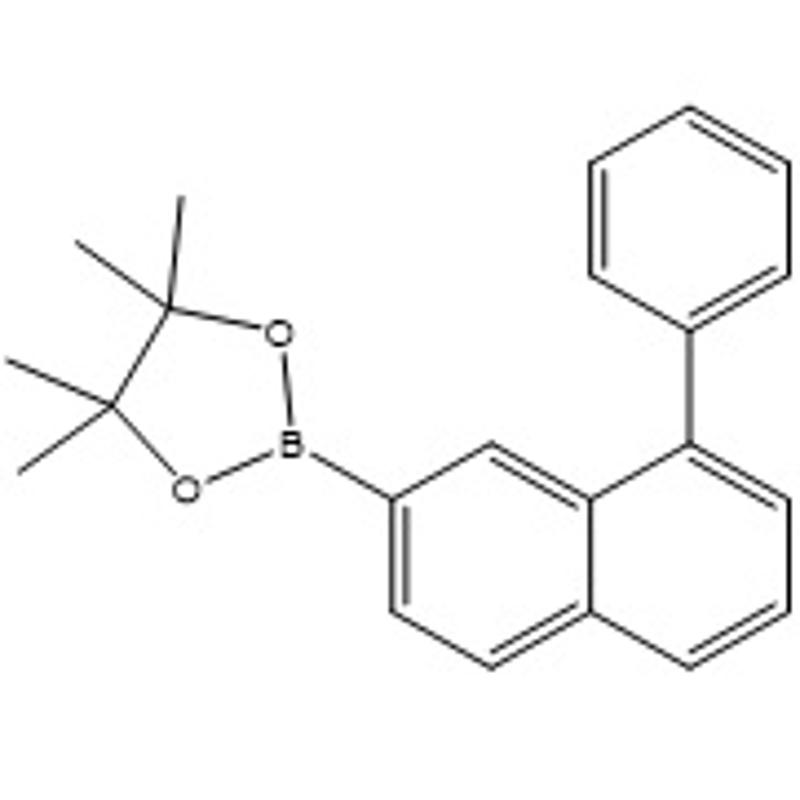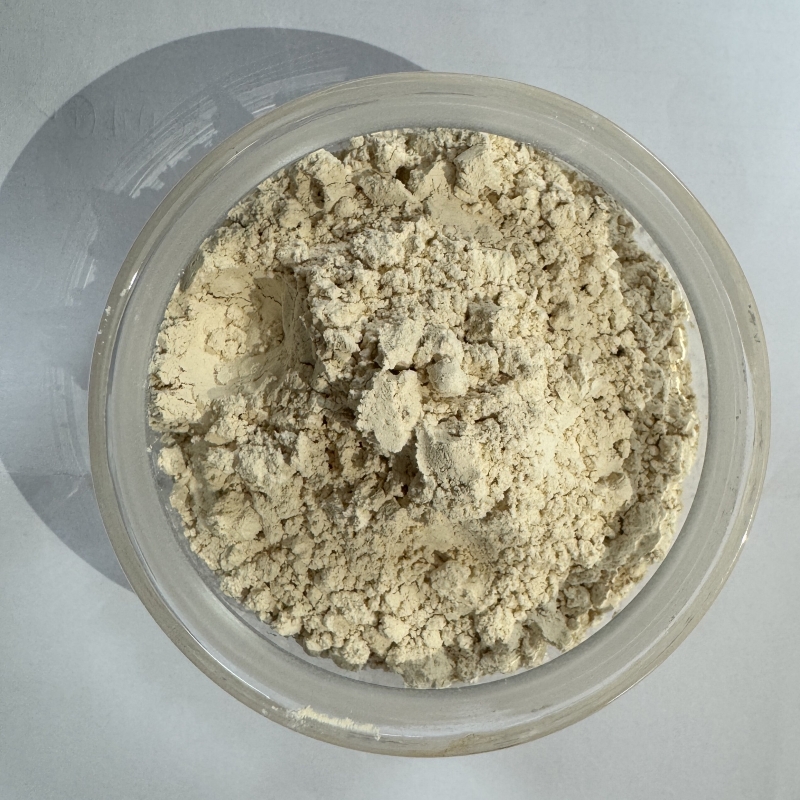-
Categories
-
Pharmaceutical Intermediates
-
Active Pharmaceutical Ingredients
-
Food Additives
- Industrial Coatings
- Agrochemicals
- Dyes and Pigments
- Surfactant
- Flavors and Fragrances
- Chemical Reagents
- Catalyst and Auxiliary
- Natural Products
- Inorganic Chemistry
-
Organic Chemistry
-
Biochemical Engineering
- Analytical Chemistry
-
Cosmetic Ingredient
- Water Treatment Chemical
-
Pharmaceutical Intermediates
Promotion
ECHEMI Mall
Wholesale
Weekly Price
Exhibition
News
-
Trade Service
The Applications of 2-Bromothiophene-3-carbonitrile in the Chemical Industry
2-Bromothiophene-3-carbonitrile (BTCP) is an organic compound that has gained significant attention in recent years due to its diverse range of applications in the chemical industry.
It is an important raw material in the production of various chemicals, drugs, and pesticides.
One of the most notable applications of BTCP is in the production of dyes and pigments.
It is used as an intermediate in the production of azo dyes, which are widely used in textile industry for coloring fabrics.
BTCP is also used in the production of pharmaceuticals, agrochemicals, and other specialty chemicals.
In this article, we will discuss the different applications of BTCP in the chemical industry and how it is used to produce various chemicals and products.
Dyes and Pigments
As mentioned earlier, BTCP is widely used in the production of dyes and pigments.
It is an important intermediate in the production of azo dyes, which are used in the textile industry for coloring fabrics.
BTCP is also used in the production of other types of dyes and pigments, such as disperse dyes and reactive dyes.
Disperse dyes are used to dye cotton and other natural fibers.
They are characterized by their excellent color fastness and are widely used in the textile industry.
Reactive dyes, on the other hand, are used to dye cellulosic fibers such as cotton, silk, and wool.
They are widely used in the textile industry due to their excellent color fastness and ability to dye a range of colors.
BTCP is also used in the production of pharmaceuticals, agrochemicals, and other specialty chemicals.
Pharmaceuticals
BTCP is used in the production of various drugs and pharmaceuticals.
It is used as an intermediate in the production of some antibiotics, such as erythromycin and clarithromycin.
These antibiotics are widely used to treat a range of bacterial infections and are known for their excellent antimicrobial activity.
BTCP is also used in the production of other drugs such as anti-asthmatic and anti-inflammatory drugs.
These drugs are widely used to treat respiratory disorders and inflammatory conditions such as arthritis.
Agrochemicals
BTCP is used in the production of agrochemicals, which are used to improve crop yield and protect crops from pests and diseases.
It is used in the production of herbicides, insecticides, and fungicides.
Herbicides are used to control weeds and other unwanted plants.
Insecticides are used to control pests and insects, while fungicides are used to control fungal diseases.
These agrochemicals are widely used in agriculture to improve crop yield and protect crops from pests and diseases.
Other Applications
BTCP is also used in other applications such as the production of perfumes and fragrances, photo-chemicals, and other specialty chemicals.
Perfumes and fragrances are widely used in the cosmetics and personal care industry.
BTCP is used in the production of certain fragrances, which are known for their distinctive aroma and are widely used in the perfume industry.
Photo-chemicals are used in the production of various chemicals and products that require UV light to initiate the reaction.
BTCP is used as an intermediate in the production of certain photo-chemicals, which are widely used in







